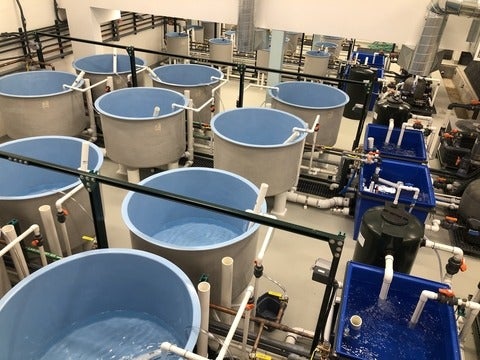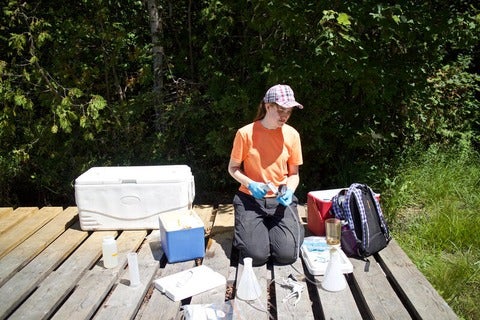eCampusOntario investing in cutting edge virtual learning projects in Waterloo Science
As we continue to navigate the COVID-19 pandemic, virtual learning has necessarily become an integral part of the day-to-day life of students, faculty, and staff at the University of Waterloo. One of the challenges often associated with online learning is creating active engagements between students and instructors, especially with hands on learning opportunities such as with labs.




